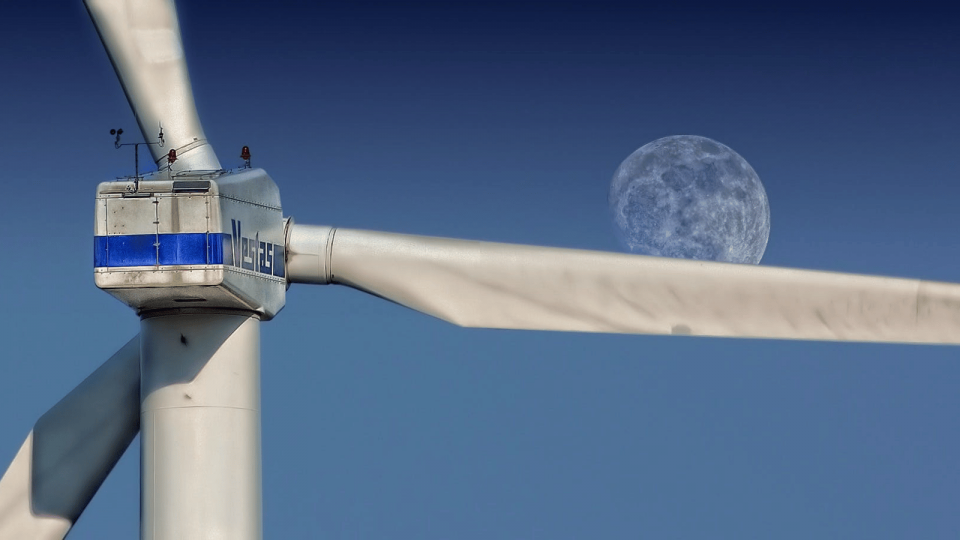The decision to open a new company location is significantly influenced by the conditions of potential host locations. For a long period of time, energy prices in Europe were moderate and stable and thus only played a minor role in determining the direction of FDI flows. However, with the recent spike and volatility in energy prices in Europe, the topic is now at the center of debate for investors evaluating where to invest.
Location decisions are based on a large set of location factors, which influence the attractiveness of suitable sites. The determining factors are not univocal and vary according to the type of investor company and the kind of operation they are planning to set up. The components can be broadly divided into cost and quality factors, with energy prices belonging to the cost factors and aspects such as business environment, education and infrastructure amounting for quality factors.
Rising energy costs are changing the cost model for industrial companies
Energy intensive industries like automotive or manufacturing have come under pressure due to the rising costs, which has resulted in a direct impact on their expansion plans. In a recent survey by the German Chamber of Commerce and Industry (DIHK), 85 percent of industrial companies cited energy and raw material prices as a business risk. Energy prices are changing the predicted cost model of companies in Europe and are having a direct impact on the profitability of a project, leading to paused or completely abandoned FDI projects.
European FDI projects on hold
In March 2022, Swedish e-battery manufacturer Northvolt chose Heide in the German state Schleswig-Holstein as the location for their third e-battery manufacturing plant. The start of production was projected for the end of 2025 but although the greenfield site has already been secured and redevelopment has started, representatives of Northvolt shared with the public that increased energy prices in Germany might lead to a delay or complete abandonment of the project. Northvolt is determined to ensure a long-term energy supply at competitive prices from renewable sources and will make their final decision dependent on the ability of the European Union (EU) to ensure energy price stability.
Volkswagen had originally planned to set up six e-battery factories in Europe to tackle the increased demand for electric vehicles. While the construction on the second gigafactory near Valencia, Spain started in March 2023, the decision-making for the next factory, planned to be constructed in Eastern Europe, came to a complete stop. Now that Volkswagen has suspended its decision to build an Eastern European location, they are focusing on expansion plans in North America and Asia instead. Volkswagen’s board member, Thomas Schmall, pointed out during discussions with EU Commissioners that one of the reasons that led to the prioritization of expansion plans outside of Europe is the current comparably higher prices for green energy in Europe.
European policy countermeasures and lessons for IPAs
It is still too early to say whether rising energy prices will be a temporary effect or become a structural determinant for European inward FDI. The EU is introducing countermeasures to overcome this trend such as a price ceiling for gas transactions or the Net Zero Industry Act. A measure that, not previously been allowed under EU law will legalize the ability to grant electricity or electricity access preferentially to companies under state aid law. EU politicians such as the German Minister of Economics, Robert Habeck, are demanding the commission to approve the option, which would provide energy suppliers with security through a long-term supply of energy intensive companies. Potential investors would be able to include a known future energy price in their cost model: a key piece of information that will ultimately impact the final location decision.
How IPAs can support potential investors
In a time of highly volatile energy prices, IPAs are in need of close collaboration with local energy suppliers to ensure up-to-date information on current prices and availability. Potential investors in energy intensive industries need to know what energy prices they can expect in the near future to base their location decision upon. IPAs should therefore connect the potential investor with local energy suppliers in the early stages to address information gaps and overcome uncertainty for the investor. Recent investments can also be used as a benchmark on energy prices that have been secured and the impact of rising prices should be checked for foreign direct investors that have already established their operations. The topic needs to be at the center of discussion for IPAs as a favorable energy price can become a distinguishing and deciding factor in the location decision of potential investors.





